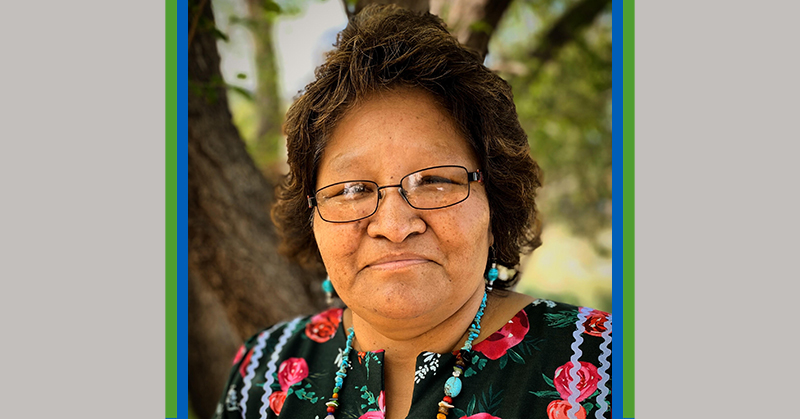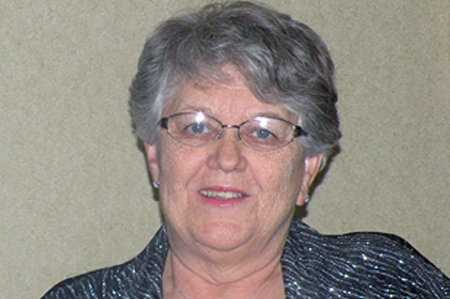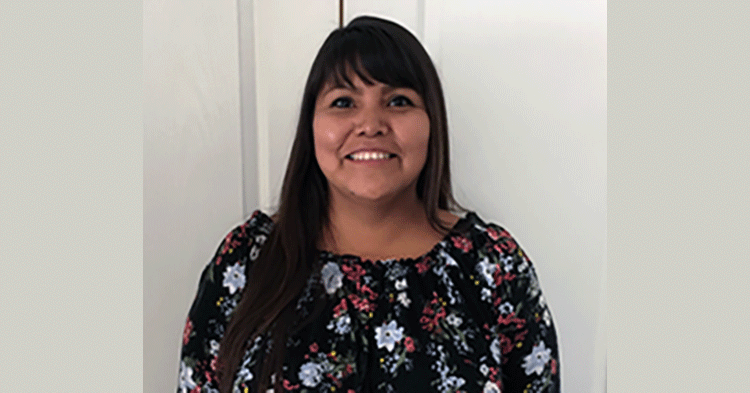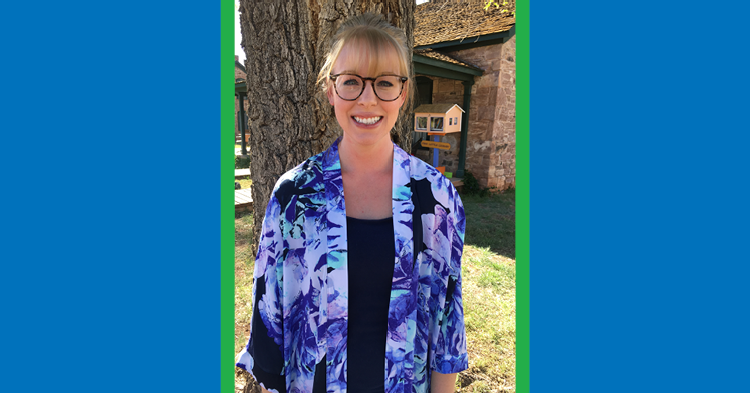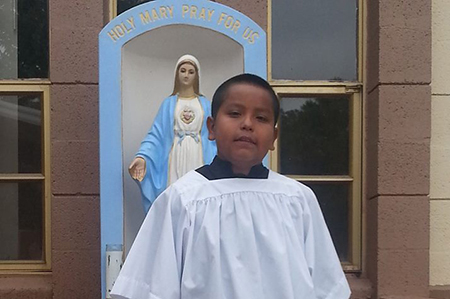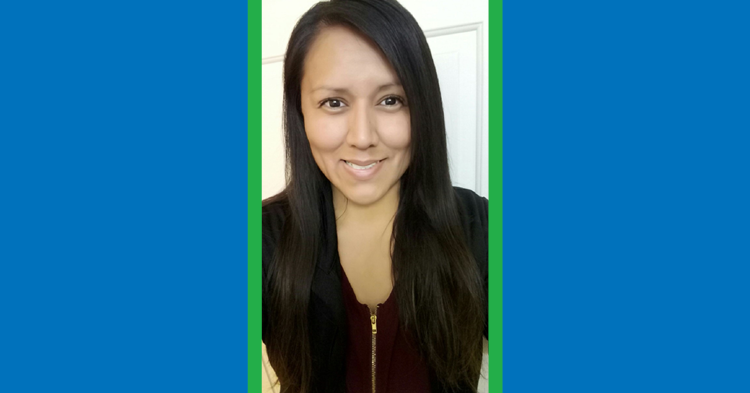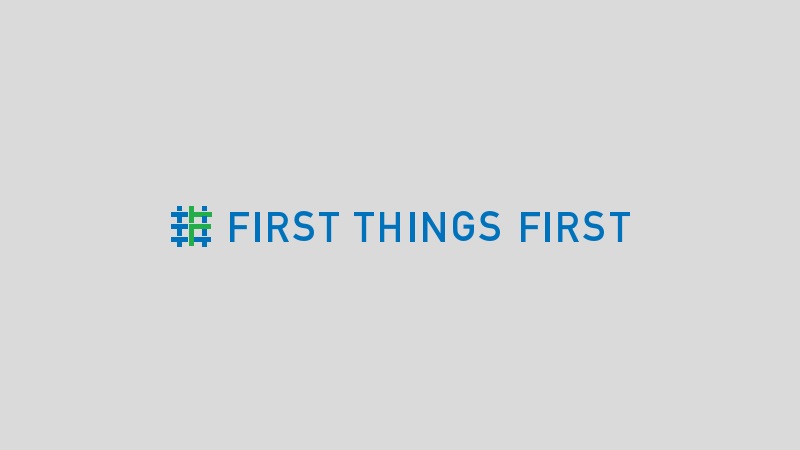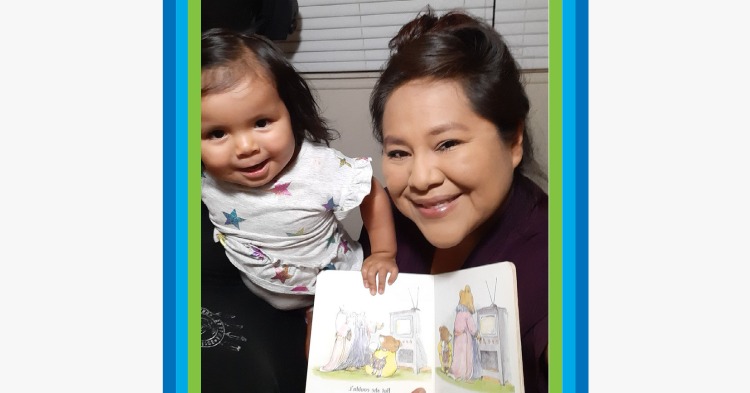
Beverly Malone has been selected as the 2021 First Things First White Mountain Apache Tribe Champion for Young Children.
The award is given to local champions who actively volunteer their time to raise public awareness of the importance of early childhood development and health. Champions spend a significant amount of time volunteering with FTF and building public awareness about the importance of early childhood issues.
Malone has been an active participant in the Chaghą́shé Ndee Biyátí work group since its inception in June 2019. She has offered ideas to provide and encourage the children birth to age 5 to read and learn the Apache language through children’s books specific to the White Mountain Apache Tribe. She also assisted in completing the books by sharing what Nohwike’ Bágowa, the White Mountain Apache Cultural Center and Museum, has in archives.
Malone assisted with the translation of handwashing steps from English to the White Mountain Apache language for a coloring page poster created by the Quality First Child Care Health Consultation grant partner — Navajo County Public Health Services District. The poster has been shared with Quality First centers on the White Mountain Apache Tribe, including the Alchesay Beginnings Child Development Center, Chaghache Child Care Center, Dishchii’bikoh Preschool and White Mountain Apache Tribe Head Start.
Malone also assisted with translation from English to the White Mountain Apache language of a children’s book titled “Farm Animals” by Brian Wildsmith.
We recently caught up with Malone, who recently retired from Nohwike’ Bágowa, after working for 31 years as the Collections Manager and Language Specialist.
Question: Why do you feel early childhood development and health is important?
Answer: I have a family of five children, 16 grandchildren, 7 great grandchildren with two more on the way this year. First Things First is a doorway for infants and children to learn about their environment and prepare for their schooling.
For the Apache people, there is a lot of learning that I see the children need with Apache names, numbers, colors, traditions, food, plants and animals. We need to reinforce this type of education for young children. I have a great grandson who is a year and a half. I want him to learn at least one Apache word. When I see him I ask him, “Where have you been? Haayu nadaa?” and he looks at me like I’m speaking strange.
With my next newborn great grandchild, I want to teach him or her the Apache language and have them recognize my voice. I will talk Apache to the child. First Things First is great for the school system like Head Start, child care and kindergarten to work with early childhood professionals about the Apache language and Apache ways of life.
Question: How do you suggest other people in your community get involved?
Answer: There needs to be more awareness about First Things First in the community. Create more books for the children with illustrations. Also, more materials for the parents to learn. It doesn’t need to be technical, just colors or animals for example, so parents can learn right along with their child. There need to be more recordings of the elders to help teach Apache language and outreach to the communities. The reservation is very vast. Cibecue has a different dialect, communities have a different dialect, but we all understand what we are saying. Let people know you speak how you learned from your community. The Chaghą́shé Ndee Biyátí work group needs to continue meeting to meet the goals of creating books in Apache for our young children.


